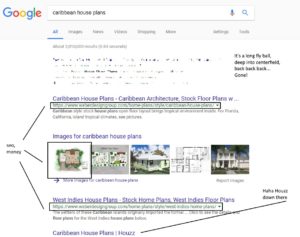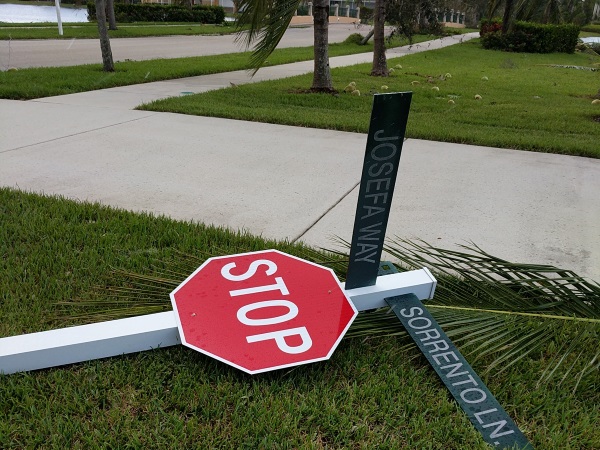SEO is designing and managing a website in a way that makes it more easily find-able through popular search engines. This is not done by spamming the internet with thousands of links, it’s done by building a visually pleasing, standards compliant website full of great content.
- Skip to: SEO Tips
- Go to: SEO – Frequently Asked Questions
 Keyword phrases and in-links are important but they must be elaborated upon with definitions, images, audio, video and any other info that would help describe them. Each extra bit of descriptive content adds ‘rank’(weight, importance) to a webpage.
Keyword phrases and in-links are important but they must be elaborated upon with definitions, images, audio, video and any other info that would help describe them. Each extra bit of descriptive content adds ‘rank’(weight, importance) to a webpage.
When the On-Site issues have been addressed it’s time to do a bit of networking. When a website delivers a regular flow of original & descriptive content, through varied social media locations, the info bots notice. If the work published is original and informative, your PageRank™ will inevitably go up. When a site’s PageRank goes up, Google®(or, insert other search engine here) is more likely to display a link to that website in a valued location within the ‘real’ or ‘natural’(as opposed to paid for) search results. This process may take a little time if you’re in a very competitive market so don’t be discouraged.
Why does any of this matter to a business? “Google’s search and advertising tools provided $64 billion of economic activity in 2010.” – Reference
2010! (when I originally posted this blog on this website)
A few quick tips:
1. Add text to your website. Lots and lots of good old hand pounded text. If you sell 1000 different things you need to describe every one of them textually(better get typing). Any old text will not do. You need to focus your text to match your page, image and other file names.
2. File names are very important. Pages, pictures, audio… everything should be named with your keyword research in mind. A common example would be uploading image 000123283.jpg, don’t do that. If it’s an image of a new Ford and you sell new Ford’s in Columbia, MO., name the file “new-ford-focus-columbia-mo.jpg” instead.
3. Create a network on popular and trusted social/business networks. Twitter, Google + and the like. There is no reason to spam the search engines and post links in every blog or forum but it is important to have some presence.
4. Update web software regularly(if using a CMS), check it’s code for w3 standards compliance, & consider Section 508 guidelines. This will ensure quick page loads and accessibility to users with different sensory abilities. Following Section 508 guidelines will also address many common SEO mistakes.
5. Research AMP, site speed and mobile friendliness. – Stephen James Hall

